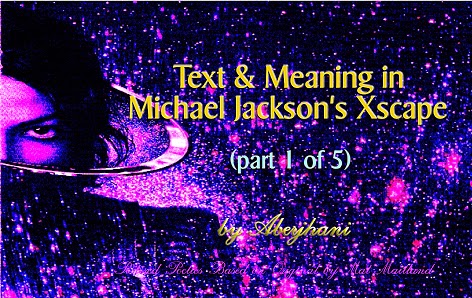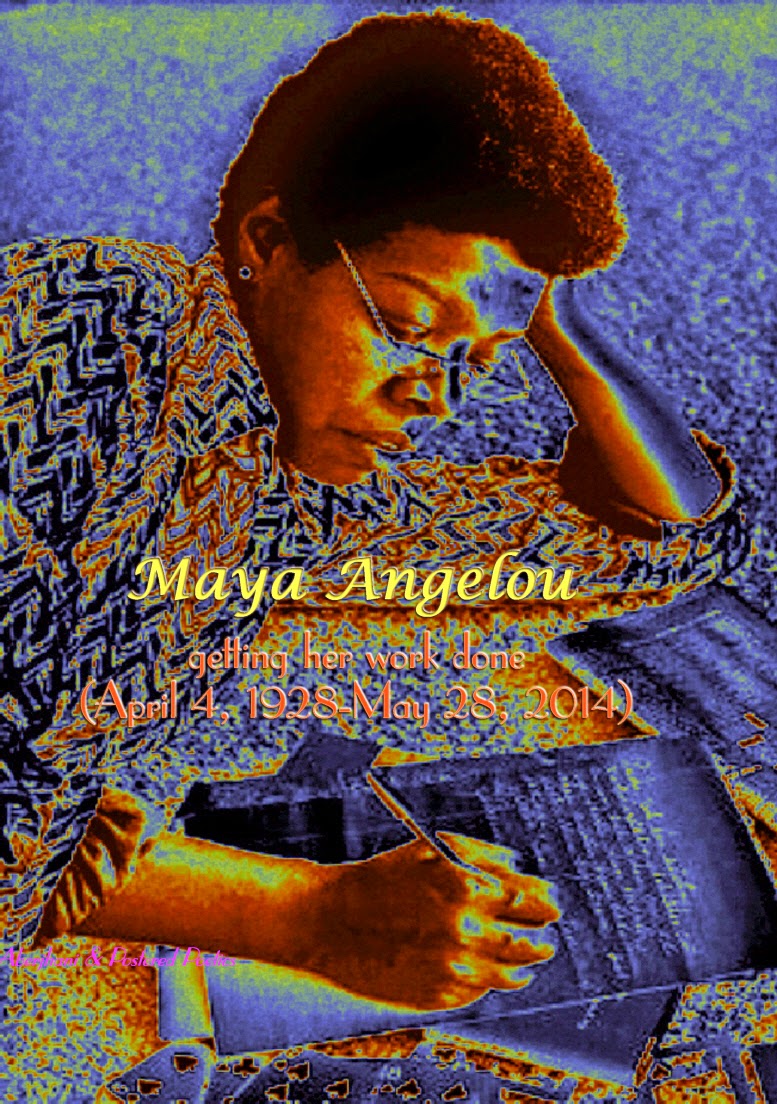The Year of James Baldwin Now in Full Classic Literary Swing (part 1) - by Aberjhani
Author James Baldwin in St. Paul de Vence, France, 1976. (photo by Dmitri Kasterine) “It has always been much easier (because it has always seemed much safer) to give a name to the evil without than to locate the terror within. And yet, the terror within is far truer and far more powerful than any of our labels: the labels change, the terror is constant.” –James Baldwin, from the essay Nothing Personal Members of New York City’s cultural arts community made a rare kind of decision earlier this year and the results of that decision continue to generate exceptional events and responses. They–– as in Columbia University School of the Arts, Harlem Stage, and New York Live Arts–– elected to observe The Year of James Baldwin from April 2014 until June 2015 in honor of the late iconoclastic African-American author’s 90th birthday August 2, 2014. Long before he died on December 1, 1987, millions came to recognize the indelible mark of Baldwin’s impact on, and the incredible depth

